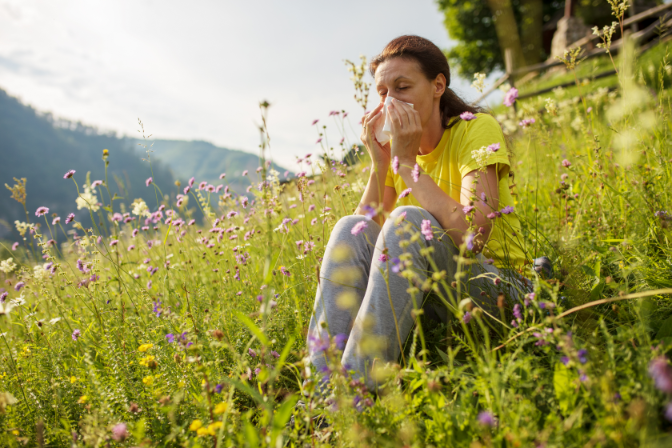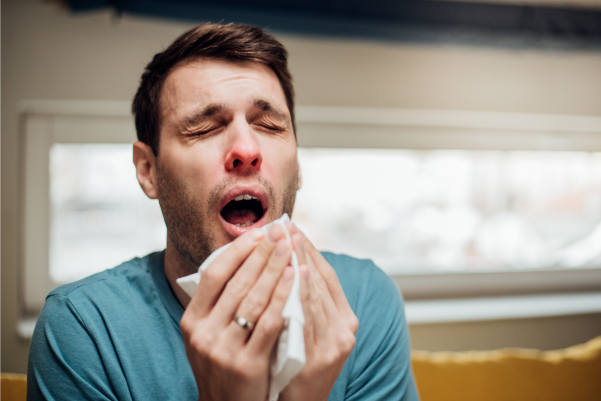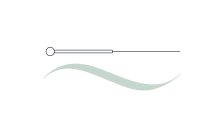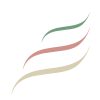How Acupuncture can help you manage Melbourne’s peak hay fever season
As the warmer months start to approach at the start of September, many Melbourne residents will be looking forward to longer, sunnier days, spending more time outdoors and enjoying the warmer weather.
But there is one thing that accompanies warmer weather in Melbourne…. peak hayfever season! For those that suffer from hay fever symptoms, peak hay fever season can be a time of year that fills you with dread. In this article we will discuss why peak hayfever season occurs in Melbourne and how hayfever acupuncture may help you to manage symptoms.
Peak hay fever season in Melbourne generally occurs from late September through to December. During this time, there is an increase in airborne pollen levels and this pollen is commonly from grasses such as ryegrass.
Melbourne has a climate that encourages growth of grasses and in particular, ryegrass. Changing and diverse weather patterns can also add to the pollen count in Melbourne which can make it more challenging for people who suffer from hayfever.

Hayfever, which can also be referred to as allergic rhinitis, occurs when the body experiences a reaction to allergens such as dust mites, pollen or flecks of skin or hair shed by cats or dogs.
Hay fever symptoms can include:
Hayfever symptoms can be perennial (occurring all-year round due to indoor allergens) or seasonal (due to an increase in pollen count).
Acupuncture is a natural treatment that is based on Traditional Chinese medicine philosophy. In Traditional Chinese Medicine (TCM), hayfever is typically associated with a deficiency of Qi and an accumulation of wind-heat affecting the lung.
The presentation of symptoms can vary among individuals, and a therapy which can include a combination of acupuncture and Chinese herbal medicine can be tailored for each patient. The main therapeutic goal in TCM for managing hayfever is to open the lung Qii to expel wind-heat, thereby strengthening the immune system.
Traditional Chinese medicine practitioners insert acupuncture needles into specific parts of the body with the aim of removing obstructions, reduce tension and inflammation and restore energy balance within the body.
Research conducted in 2007 suggests that hayfever acupuncture may have a positive effect on alleviating the allergic immune response.
A research paper from 2018 suggested that hayfever acupuncture may offer ‘a comparable effect to the medication treatment on patients with moderate to severe allergic rhinitis, and it is safe with no severe adverse effects.’
Hayfever acupuncture can offer several benefits that may help to alleviate symptoms, these can include:
An additional point to consider is that hayfever acupuncture is a natural therapy with a low risk of side effects that avoids the need to take medications that may have side effects.

If you are a hayfever sufferer and looking to set a plan to manage your symptoms this year, here are some tips to consider:
Although there is no cure for hay fever there are some general tips that you can follow to minimise your risk of exposure:
If you’re seeking a natural way to manage hayfever symptoms and enhance your overall well-being, hayfever acupuncture combined with Chinese herbal medicine could be worth considering this year.

To find out more about Hayfever acupuncture in Melbourne call us at the clinic on 0403 524 893
